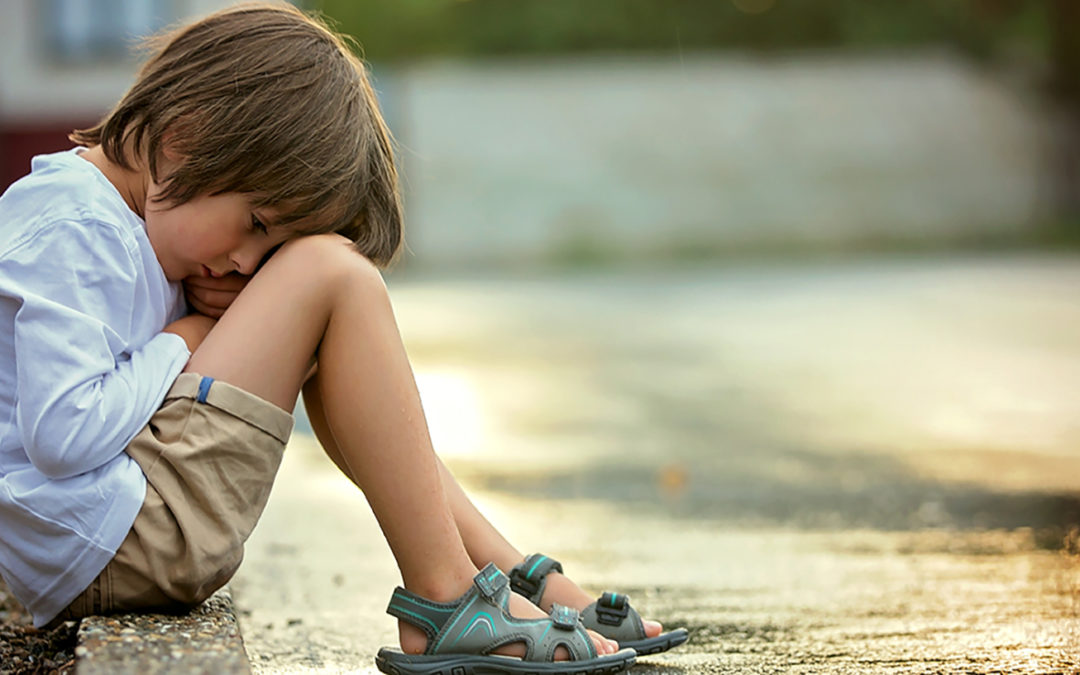This spring Cole, my oldest, leaned over to me in the car and whispered, “Mom, do you know what gives me goosebumps all over when I think about it?”
(That’s when us moms get all excited and want to say, “Yay! Tell me all of your secrets and just keep talking! But I calmly said… ) “No, buddy, what?”
“March Madness,” he said. “Everything from the first tip-off to the One Shining Moment song. I can’t wait!”
Then it was all canceled, as was every other spring and early summer event, and my big strong buddy of an 11-year-old was all in tears.
My initial reaction was to somehow make it all better. I thought about creating some sort of new tournament or planning something else super fun. I didn’t know, but the mom in me, and the #2 on the enneagram me, just wanted to make that hurt all better. But then I realized that this disappointment, the tears, the feeling of something lost, was okay. Healthy even?
And now, let’s fast forward to fall. College football is canceled, kid events are still under TBD status or canceled, and school may or may not happen in person in many areas of the country. There is still going to be a lot of disappointment.
Before this pandemic started, many of us lived in a world where there were very few disappointments for our children. Some kids experience unbelievably hard things: the death of a parent, divorce, maybe personal illness. Those are such extremely tough things — the ultimate in disappointment. Today lots of kids are disappointed in the loss of social activity, birthday parties canceled, and schools closing. And as adults, we can relate! When our kids experience disappointment, are we letting our kids experience the emotions when they arise, or do we try to take away the emotional experience of saddens and disappointment because WE want to feel better?
As a mom, I don’t want my kids to experience pain and sadness. I just don’t. But, if I do not allow my kids to experience those emotions now in a safe environment where they are allowed to work it out, will they be able to process disappointment and hurt as adults successfully?
There are still going to be scared and disappointed kids in the next few weeks and months. The pandemic is still here, and things are continually changing. As parents, we are experiencing the same thing, so let’s talk through that with our kids and help them process their feelings.
It is okay for them to cry. It’s okay for them to be sad that football, basketball, school and all the things just won’t be quite the same this year. Don’t take those feelings away from them, but let them talk them out. Below are a few ideas and talking points we can use as parents to encourage conversation and help our kids work through the fears and sadness that many of us are also feeling. Parents, it’s a tough time. Tough times can make great teaching times. Let’s use it the best we can. HLLF, Melissa
Acknowledge the hurt – Sympathy can go a long way. A statement like “Hey bud, I know that this is really hard for you. I’m sorry. What bothers you the most about it?” can open up a lot of conversation.
Listen without judgment – Maybe the fact that your child is crying over something you see as ridiculous is bothering you. Don’t let it. Just listen. Parents need to not have a shock and awe face. Whatever they say, be intent on listening. Gather the entire story before you respond and have empathy. Kids go through a lot of confusing emotions, so listen with a helpful attitude.
Strategize how to handle situations – Rather than solving the problem for your child, encourage him/her to strategize a path to feeling better about the situation. A conversation starter might be, “This is a hard time. What could we do to make this time easier?”
Notice out loud and put a label on it– Tell kids when you notice something they might be feeling. So, for example,” It seems like you might be scared about what is happening. What questions do you have about that?” Or, “I think you might be sad about this. Me too, buddy.” This shouldn’t sound like an accusation. It’s just a casual observation that you’re interested in hearing more about your child’s concern.
Just be there – Plan on giving your kids a little extra time right now. Be with them when there are no words, give extended hugs, choose creative messes over clean counters. Be more present when their world seems chaotic.
Be patient – It hurts to see your kids unhappy or worried. But try to resist the urge to fix every problem. Instead, focus on helping them grow into good problem-solvers. There is no timeline for coronavirus or the path our society is going to take, so let’s not put a timeline on our kids’ emotions about it.
Pray out loud with your kids – Kids loved to be prayed for and with. Even if you have never prayed out loud with your child before, just start. It may feel “weird” at first, but I guarantee that your child with appreciate it… you both will.














